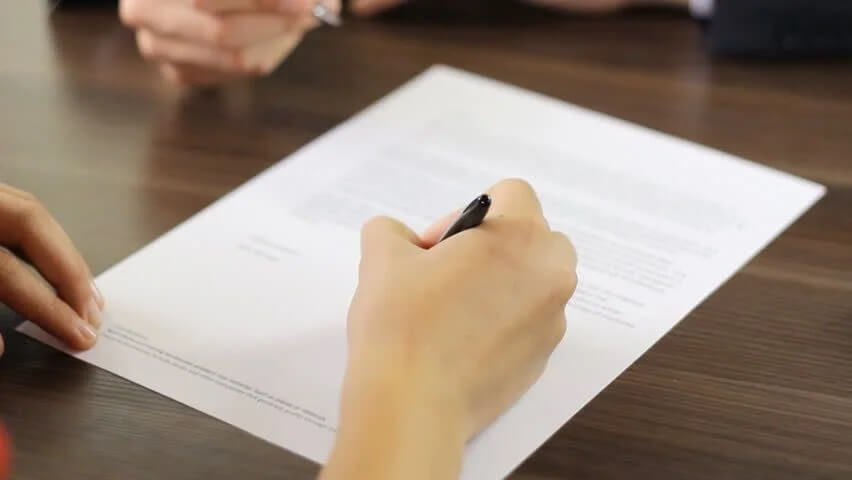Know Your Rights as a Tenant under the Model Tenancy Act
 01-Jun-2022
01-Jun-2022Written by: Varisha Jalil
Most of the times tenants face problems with their rented accommodation.
These problems could be an unwanted intrusion of the landlord, sky high security deposit demanded by the landlord, unexpected rent increment, lack of responsibility on the landlord’s part regarding structural maintenance of rented premises, or any other issue.
If you are facing any such problem in your rented house, then worry no more as all your problems will be solved through Model Tenancy Act 2019.
As we all know that the recent effects of Covid 19 pandemic have left us all in a whirlwind and tenants are hit hard with these effects. We all saw in news how many tenants had to leave their rented house in the beginning of this pandemic as they were not able to pay their rents due to job loss and unpaid wages. However, this time, it is not the same as Government of India is planning to implementthe Model Tenancy Act.
Related: How Can the Model Tenancy Act be a Blessing to NRIs?
Key Features of Model Tenancy Act (MTA)
- Establishment of Rent Authority
A rent authority will be appointed under this Act. The landlords and tenants will have to be presented before the rent authority to get the rental agreement registered. The authority would set up a website for the data it receives in the form of rent agreement.
- Rent courts/tribunals to report disputes
In case there is a discontentment among both the parties, any one of them can go to rent courts formed by MTA. The resolution period of dispute is of 60 days.
- Rent Agreement
Rent agreement has become a vital and mandatory part under MTA through which both landlord and tenant can maintain transparency.
Within 15 days one original signed copy should be sent to the tenant registered under rent authority. Rent authority would also issue one Unique Identification Number.
Related: Some Useful Tips for you to Choose the Right Tenant
Provisions for the Tenant under MTA
- Providing Rent Payment Receipt to Tenants
There would be payment receipt issued from the landlord as a proof of paying rent. If this receipt is not issued then tenant can pay through money order or other means that are trackable.
- Stopping Unwanted Intrusion from Landlord
For entering the rented premises landlord must give a prior notice 24 hours before the visit. The landlord cannot enter the tenant’s premises before any time before 7 am and after 8 pm.
- Capping Security Deposits
In some cities, including Mumbai, Bangalore, and Pune, most landlords ask tenants to pay minimum 1 year’s rent as security deposit, which can be a huge amount. As per the MTA, landlords can ask for a maximum of just 2 months’ rent as security deposit. The deposited amount will be refunded when the tenant leaves the rented premises.
- Regulating the Rent Increment
Landlords under this Act cannot increase the rent during the complete rent agreement period if such a clause is not mentioned in the agreement. Also, a 3 months’ notice must be given to the tenant before increasing the rent.
- Bearing the Structural Maintenance Cost of the Premises
Landlord will be solely responsible for the structural maintenance of the rented premise. If landlord denies the maintenance then the tenant can get it done and deduct the money from the monthly rent.
If approved by all states and implemented across India, the Model Tenancy Act can prove to be extremely beneficial for tenants as well as landlords and will make the renting process more systematic.
Related: The Common Problems Tenants Face are Now Resolved



